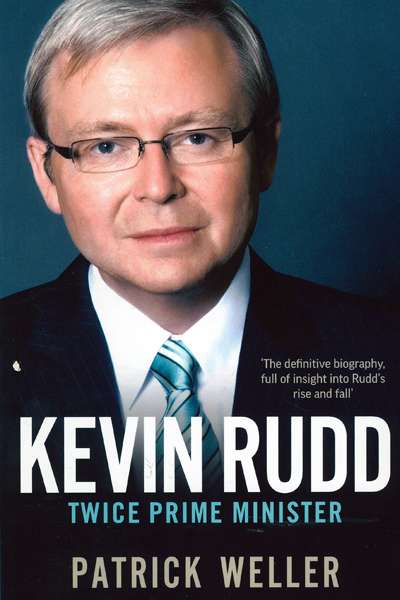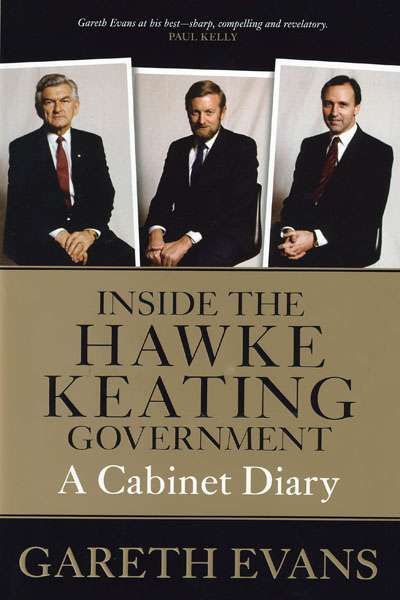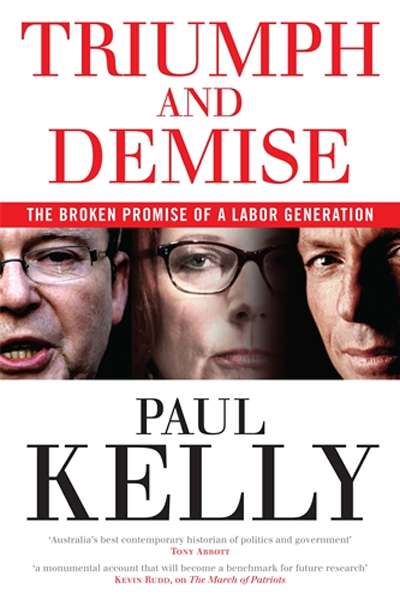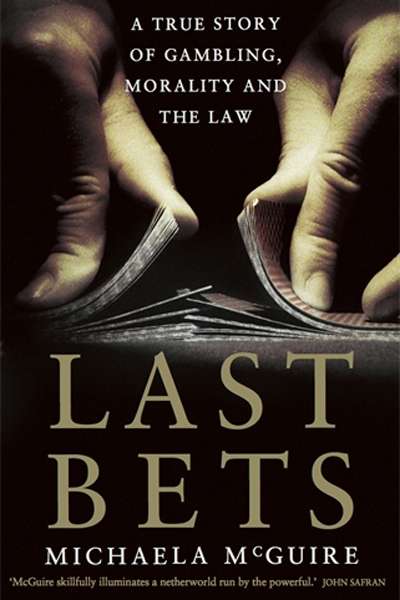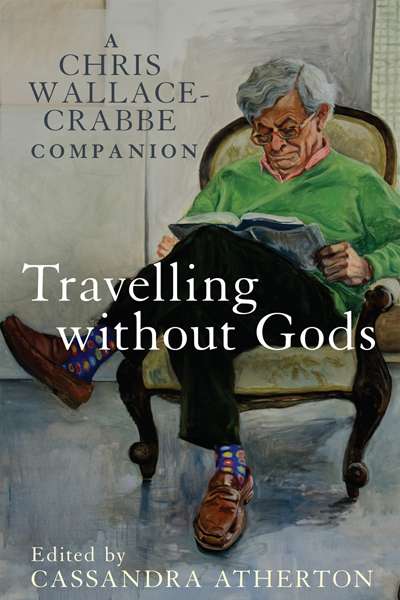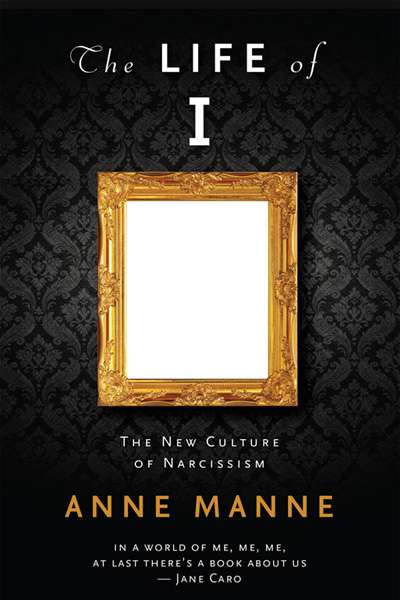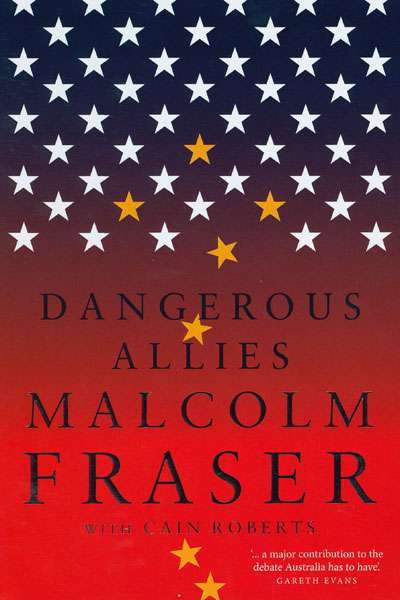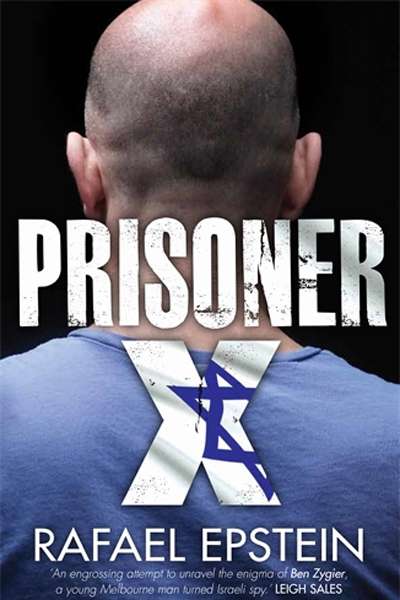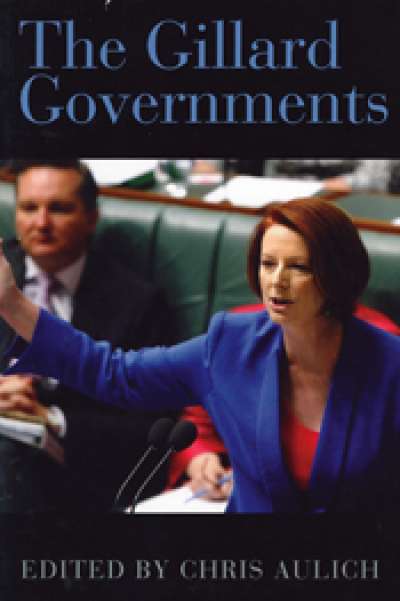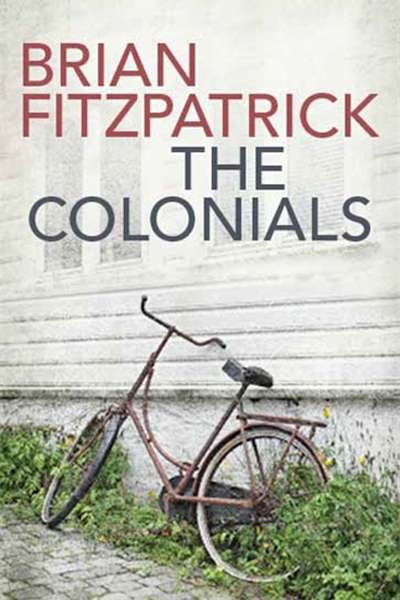Melbourne University Publishing
Kevin Rudd: Twice Prime Minister by Patrick Weller
by Lyndon Megarrity •
Inside the Hawke–Keating Government: A cabinet diary by Gareth Evans
by David Day •
Triumph and Demise: The broken promise of a Labor generation by Paul Kelly
by James Walter •
Last Bets: A true story of gambling, morality and the law by Michaela McGuire
by David Donaldson •
Travelling Without Gods edited by Cassandra Atherton & My Feet Are Hungry by Chris Wallace-Crabbe
by Anthony Lynch •
The Life of I: The new culture of narcissism by Anne Manne
by Anthony Elliott •
Dangerous Allies by Malcolm Fraser, with Cain Roberts
by Alison Broinowski •
The Gillard Governments: Australian Commonwealth administration edited by Chris Aulich
by Lyndon Megarrity •

